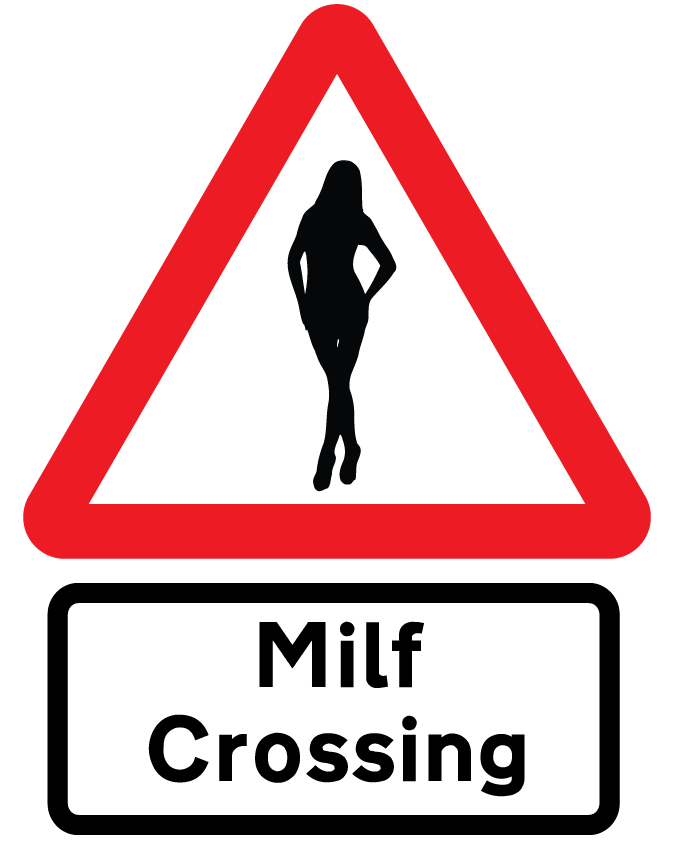Most adults of all genders are aware of the fact that our bodies change as we age, which affects sexual and reproductive health.
“This probably isn’t news to you at this point, but both your body and your vulva change throughout every stage of your reproductive health, including menopause,” shares SheKnows, a news source for mothers. “With that, there may be some additional changes in your sex life.”

For those vulva-havers who have already reached the menopause stage (meaning that they haven’t had a period in over a year), they have probably already experienced the uncomfortable vaginal dryness. Dryness of this type has nothing to do with a person’s desire for intimacy and it can be a hindrance. But age shouldn’t keep any adult who wants to be sexually-active from enjoying the pleasures of life. There are simple ways of combating this symptom of menopause, and one of them is experimenting with lubricants.
The effects of menopause
A tell-tale sign that your body has transitioned from premenopause to post-menopause is vaginal dryness.
That symptom signals that “the vaginal tissue that normally is very estrogen-rich is decreasing in terms of that estrogen content,” says Taraneh Shirazian, MD, a board-certified gynecologist at NYU Langone, with a specialty in menopause, and director of Global Women’s Health in NYU’s College of Global Public Health.
Lower estrogen levels can make sex painful more than it’s enjoyable without proper lubrication. For post-menopause sexual health, SheKnows recommends assistance from a quality lubricant. It’s important to remember that not all lubricants are created equal, and for those that are up to the same standard, there remains factors which might make one better suited than another for this task.
The solutions
Dr. Shirazian recommends a lubricant that clings to the walls of the vagina, which is long-lasting and doesn’t need much reapplication. For this reason, silicone-based lubes, especially those that contain hyaluronic acid, are advised.
For those post-menopause vulva-havers who are dry, but not severely, Dr. Shirazian says that water-based lubricants are fine, but avoid those that contain chlorhexidine, an ingredient which kills lactobacilli, a bacteria necessary maintains vaginal health by to preventing infection. The doctor also recommends avoiding glycerin, a common water-based ingredient that can be irritating to the vagina.

However, for those on the extra-dry side, a topical estrogen can be applied in addition to using lubricant. Estrogen topicals are an effective treatment because they simply replace the missing denominator in postmenopausal women: estrogen, according to Howard Zacur, MD, PhD, director of reproductive endocrinology and infertility fellowships and professor of gynecology and obstetrics at Johns Hopkins Medicine in Baltimore, Maryland.
“If you want to give this method a try, discuss options with your OB-GYN, who will write you a prescription if you both decide this option is best for you,” says SheKnows.
Estrogen topicals are available in creams, suppositories, rings and tablets.
Read the original SheKnows article and see their recommended lubricants here.
Featured image source: https://www.flickr.com/photos/ukpm/9895351825














You must be logged in to post a comment.